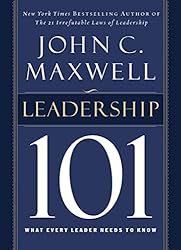Samuel Sewall (/ˈsuːəl/; March 28, 1652 – January 1, 1730) was a judge, businessman, and printer in the Province of Massachusetts Bay, best known for his involvement in the Salem witch trials,[1] for which he later apologized, and his essay The Selling of Joseph (1700), which criticized slavery.[2] He served for many years as the chief justice of the Massachusetts Superior Court of Judicature, the province’s high court.
Apart from his involvement in the Salem witch trials, Sewall was somewhat liberal in his views for the time. In The Selling of Joseph (1700), for instance, he came out strongly against slavery, making him one of the earliest colonial abolitionists. The Selling of Joseph was the earliest-recorded anti-slavery tract published in the future United States. In it, Sewell argued, “Liberty is in real value next unto Life: None ought to part with it themselves, or deprive others of it, but upon the most mature Consideration.” He regarded “man-stealing as an atrocious crime which would introduce among the English settlers people who would remain forever restive and alien”, but also believed that “There is such a disparity in their Conditions, Colour, Hair, that they can never embody with us, and grow up into orderly Families, to the Peopling of the Land.” Although holding such segregationist views, he maintained that “These Ethiopians, as black as they are; seeing they are the Sons and Daughters of the First Adam, the Brethren and Sisters of the Last ADAM [meaning Jesus Christ], and the Offspring of God; They ought to be treated with a Respect agreeable.”[citation needed]


















